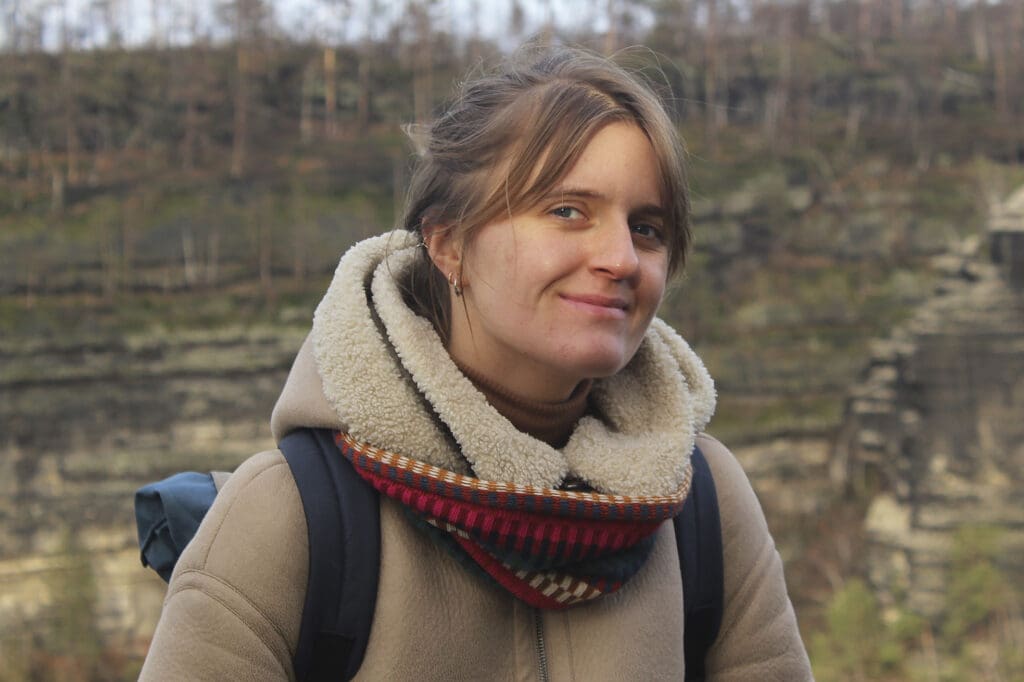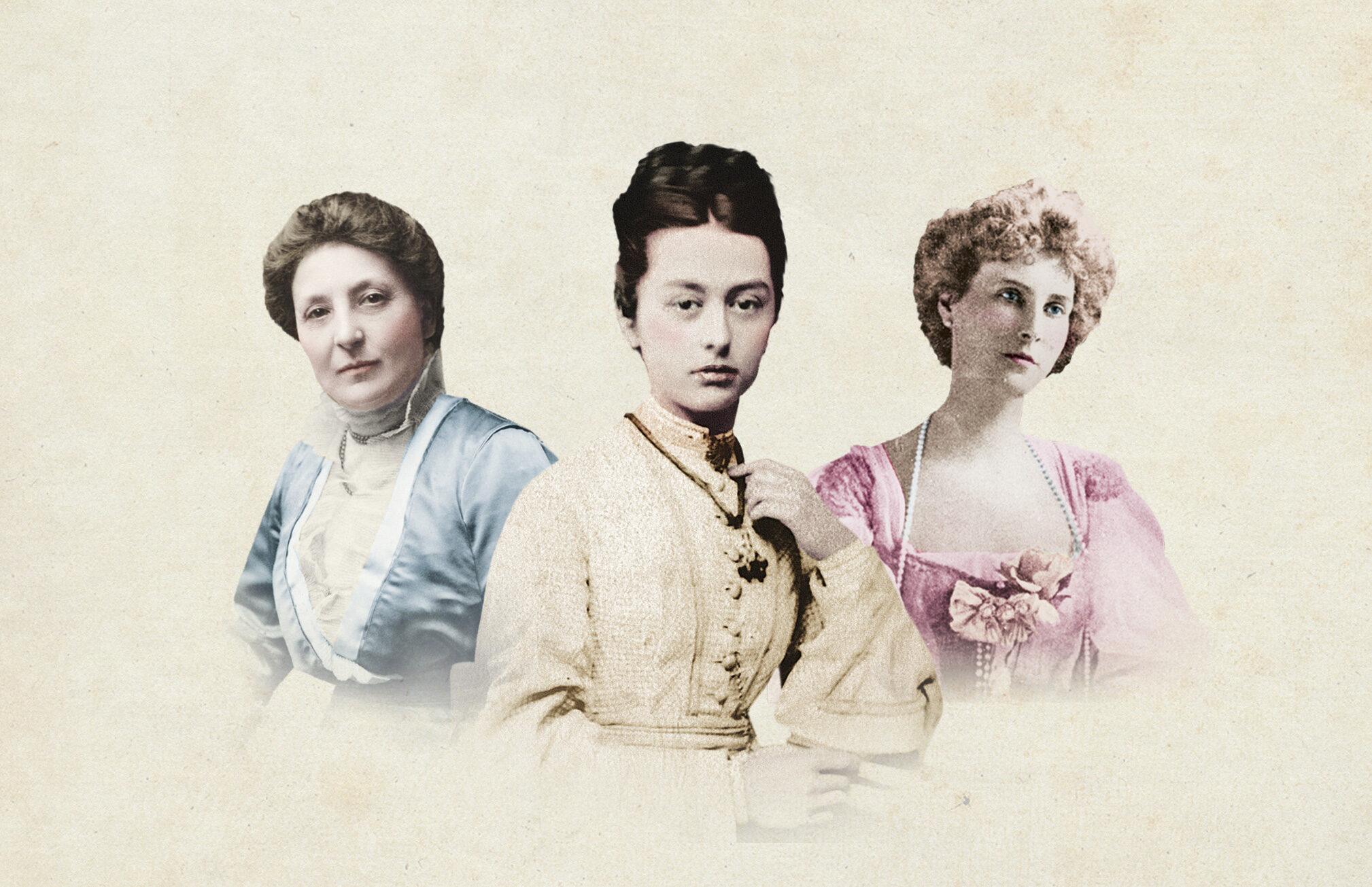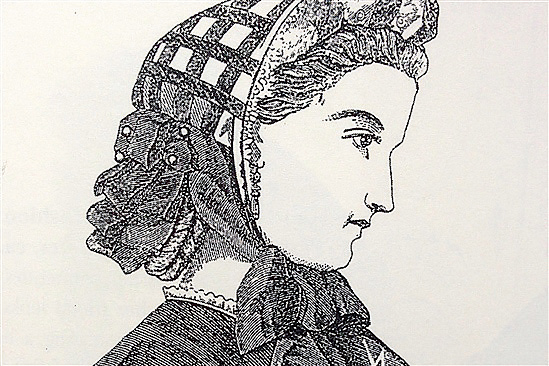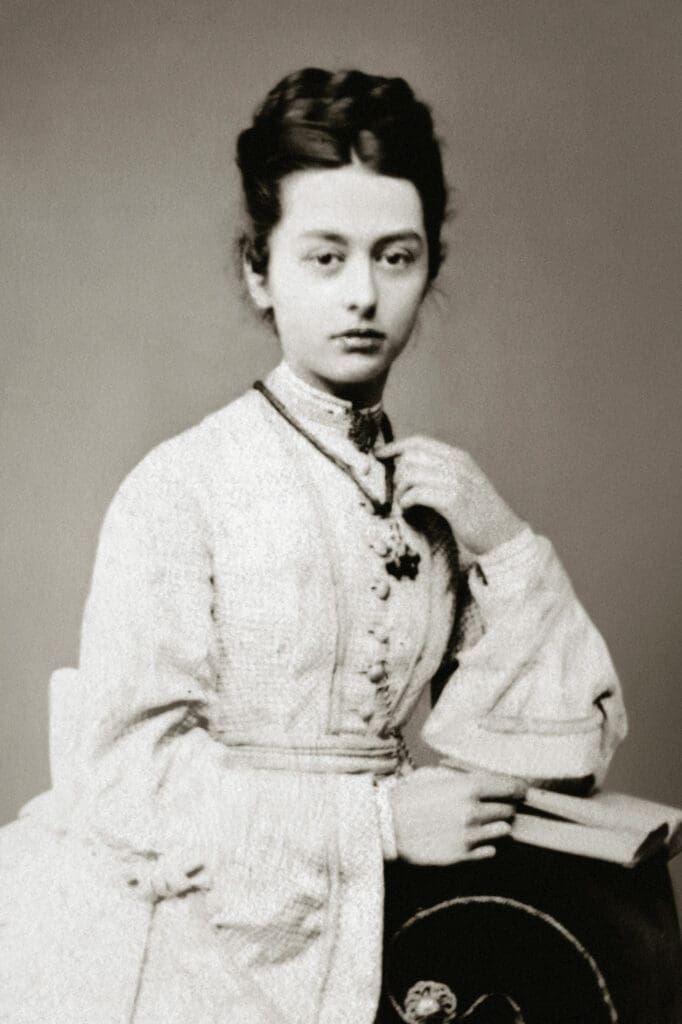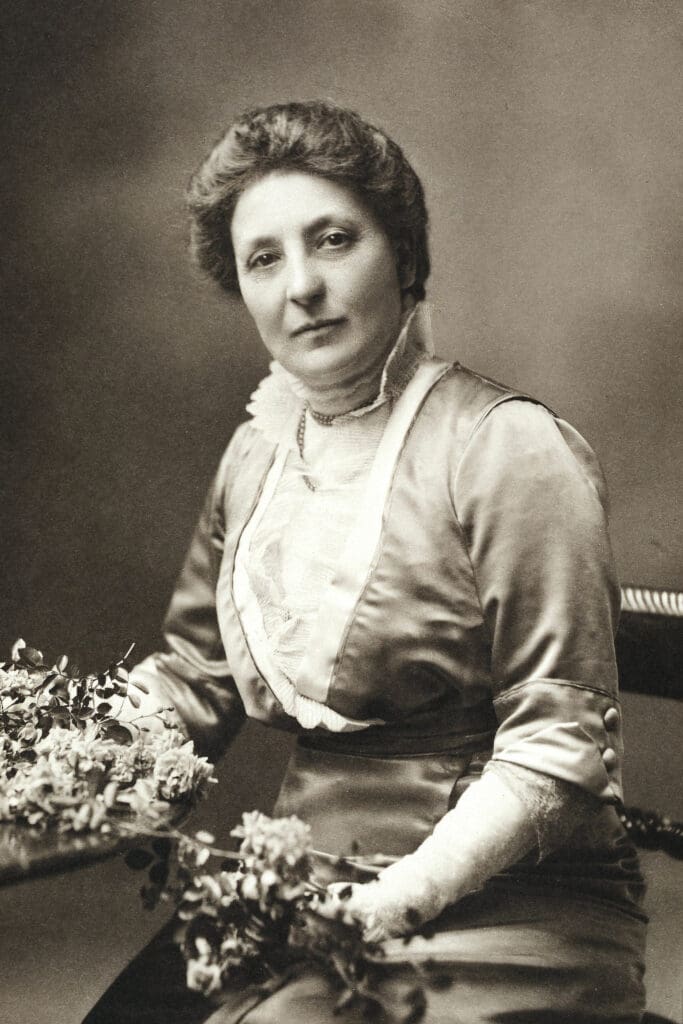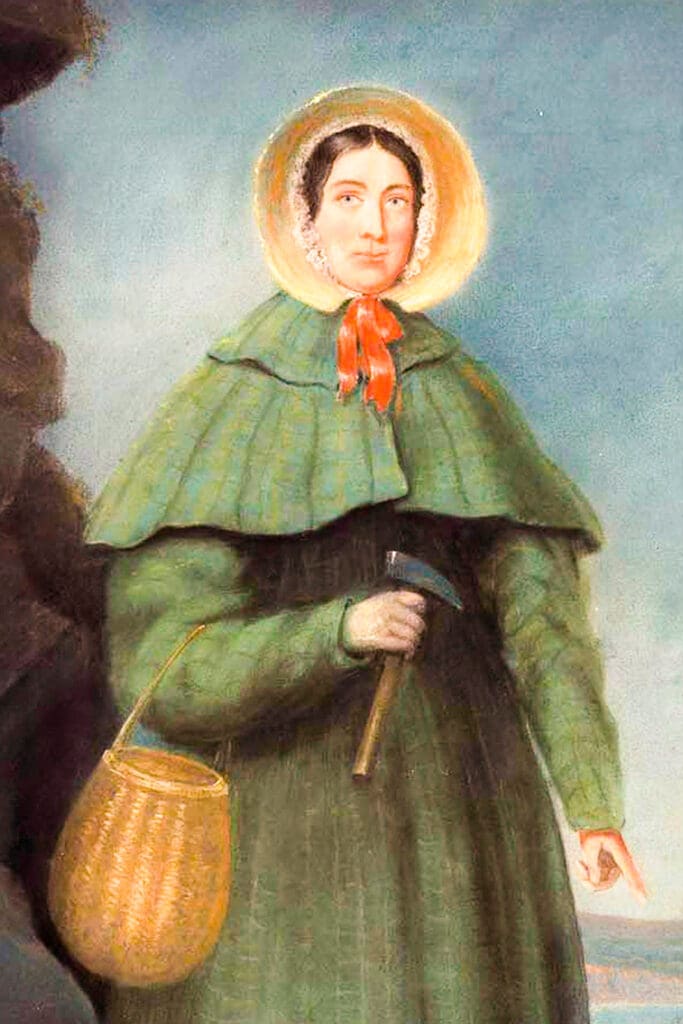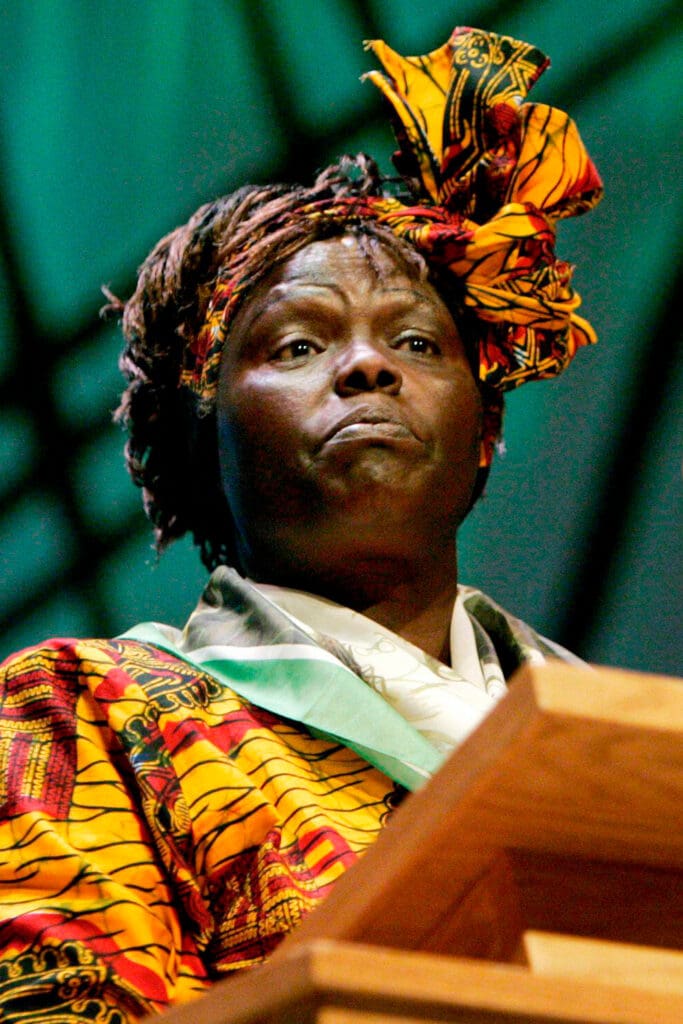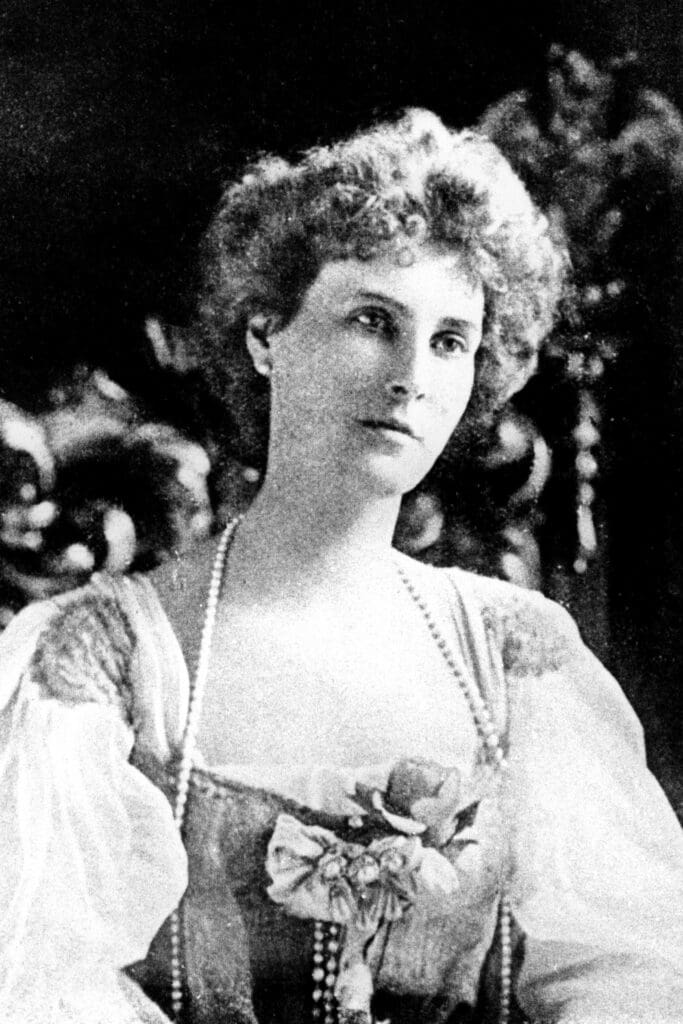I’m a lifelong amateur naturalist – I learn, soak it up and write about it all, but I’m not a scientist. Yet science enlightens, enriches and informs everything I do.
Putting aside our emotional connection with nature (which is also backed by science), science distils trial, research, innovation and investigation into bottled, consumable reports and evidence.
These change some views, corroborate others and compel us to act. Deep and learned interrogation, born out of that same love, wonder and joy, offers solutions: something we can all get behind and believe in.
It’s inspiring to point out the female conservationists and scientists that have gone before, often working against the odds.
Their names and achievements shine like constellations, guiding the path of future generations: Mary Anning, palaeontologist; Florence Merriam Bailey, ornithologist and activist; Eve Balfour, founder of the Soil Association; Rachel Carson, biologist; Dr Wangari Maathai, who connected environmental degradation, poverty and women’s rights; and the founding women of the RSPB: Emily Williamson, Etta Lemon, Catherine Hall and Eliza Phillips.
‘It’s inspiring to point out the female conservationists and scientists that have gone before, often working against the odds’
As the climate and nature crises accelerate and deepen, evidence-based conservation becomes ever more urgent. It equips us with the information needed to convince leaders and decision-makers to act.
Dr Leah Kelly works within the RSPB Centre for Conservation Science. She developed a love of wading birds following a biology degree and a master’s in research.
For her PhD, Leah investigated the threats facing upland waders. By coordinating national surveys for scarce breeding birds, such as Capercaillie and Hen Harriers, she’s helping evaluate the success and decide the future of conservation action.
Leah is inspired by her RSPB colleagues. A considerable portion of her department is made up of women scientists, including seabird and social scientists, wildlife disease specialists, monitoring officers, data analysts, seasonal fieldworkers, international collaborators and research assistants.
Leah finds joy and hope in her work through those who volunteer because of their love of nature. “It can sometimes feel like society is disconnected from the natural world, but it’s heartwarming to find many like-minded people willing to give up their time,” she says.
Dr Emily Joáchim, the freelance zoologist and conservation biologist who founded The UK Little Owl Project in 2015, says: “Conservation science is massively important in informing ways we can best restore nature… [if organisations can] bridge that gap between conservation science and individuals to help nature, it empowers them to take action.”
Emily is currently working on a campaign to reduce the impact of light pollution on birds.
Conservation Science is a natural progression of the awe and love that nature inspires in us. It’s exciting to see so many women at the forefront.
You might also like
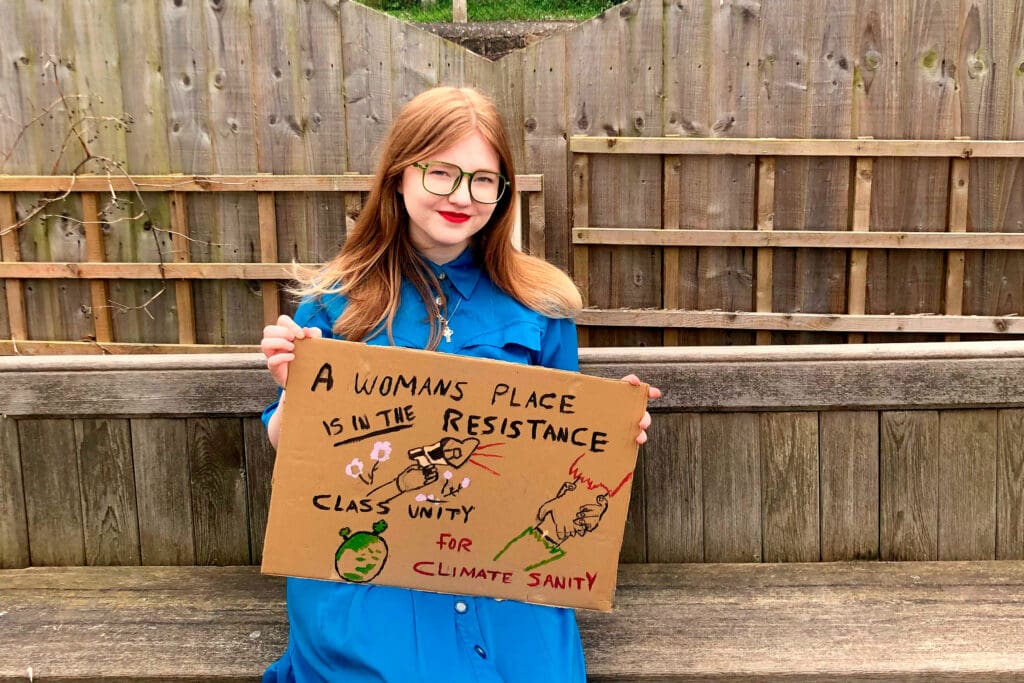
Three questions: Chelsea Valentine, RSPB Youth Council Member
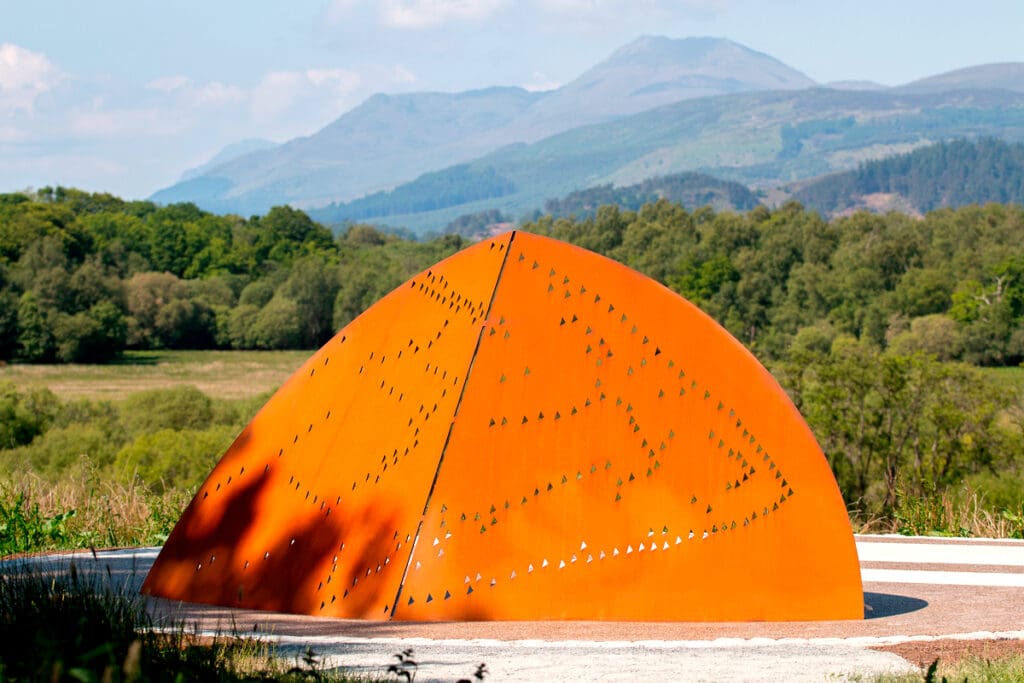
Nature in art and sculpture
